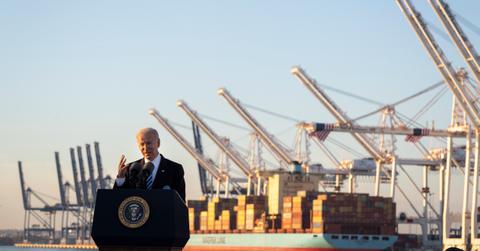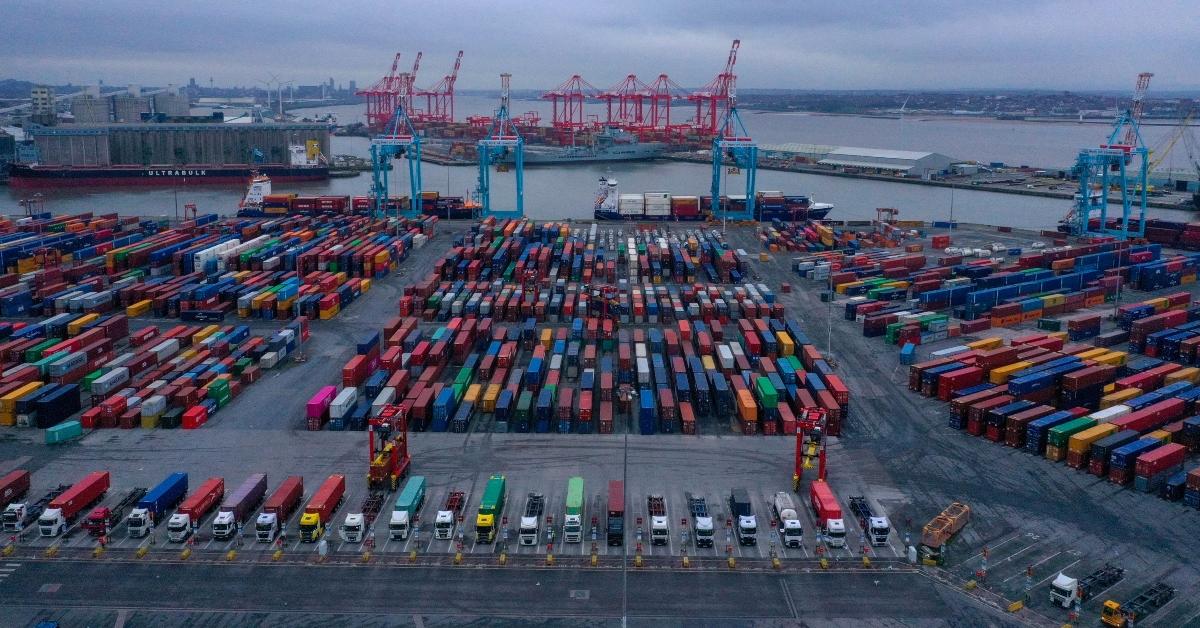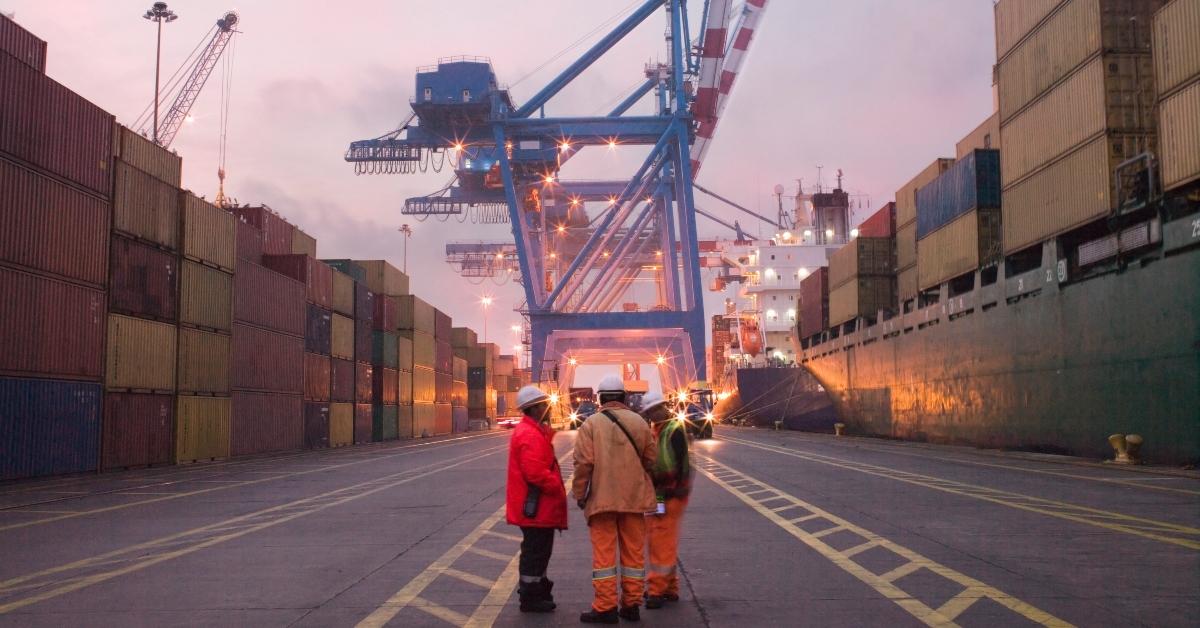California Ports Delay Shipping Container Fines, Biden Asks Ports to Work 24/7
The plan to impose shipping container fines came just as Joe Biden unveiled a plan to run operations at the twin ports around the clock.
Nov. 23 2021, Published 11:54 a.m. ET

Two California ports at the center of the nation’s supply-chain backlog are delaying shipping container fines again because progress is being made to move cargo. The plan to impose shipping container fines came around the same time Joe Biden and his administration unveiled a plan to run operations at the twin ports around the clock.
Container dwell fees were supposed to start Nov. 1
The ports of Los Angeles and Long Beach make up the nation’s busiest port complex, which handles 40 percent of sea freight entering the U.S. In late Oct. 2021, directors at those ports announced that they would start imposing “container dwell fees” on carriers that don’t move their containers by a certain time.

A fine of $100 per day would start accruing after nine days for carriers transporting their containers by truck and six days for those transporting via rail.
“We must expedite the movement of cargo through the ports to work down the number of ships at anchor,” said Port of Los Angeles executive director Gene Seroka when the fines were announced on Oct. 25. “If we can clear this idling cargo, we’ll have much more space on our terminals to accept empties, handle exports, and improve fluidity for the wide range of cargo owners who utilize our ports.”
Prior to the “pandemic-induced import surge” in 2020, containers transported by truck remained in marine terminals under four days and those transported via trains stayed less than two days.
Fines have been delayed a couple times
Although the fines were supposed to start being levied Nov. 1, the two ports have delayed the fees a few times because of continuing progress to move the containers off marine terminals. In Nov. 22 statement, officials with the Long Beach and Los Angeles ports said that both locations have seen a decline of 33 percent combined in aging cargo on the docks.
“The executive directors of both ports are satisfied with the progress thus far and will reassess fee implementation after another week of monitoring data,” the statement reads. The start date of fees has been moved to Nov. 29, after two of the biggest shopping days of the year, Black Friday and Cyber Monday.
Once the fees are collected, the funds will be re-invested in programs designed to enhance efficiency, accelerate cargo velocity, and address congestion impacts at the two ports, officials say.

Container fines are part of plan to ease supply-chain backlog
Port officials developed the policy to impose fines in coordination with the Biden-Harris Supply Chain Disruptions Task Force, U.S. Department of Transportation, and other supply-chain stakeholders, including representatives from Walmart, Target, FedEx, and UPS.
In early Oct. 2021, Biden announced a plan to help ease supply-chain bottlenecks, especially as the holiday shopping season approaches, by operating the two California ports 24/7 to help move the containers along. The plan was supported by the ILWU Coast Longshore Division dockworkers union.
A truck driver shortage is also slowing the supply chain
Getting the goods off the ports isn’t the only thing fueling the supply-chain issues. There's also a shortage of long-haul truck drivers available to transport the cargo inland.
